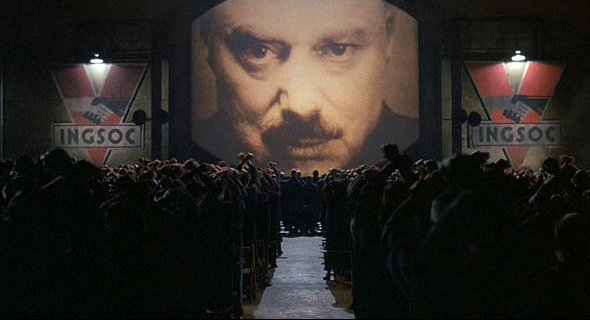The Federal Communications Commission has temporarily halted plans to install monitors in TV, radio and newspaper rooms due to public backlash. The justification for the plans was to better understand the public’s “critical information needs,” and to study how editorial decisions are made. The study (CIN) would have included questions pertaining to “news philosophy” and “editorial judgment.”
The uproar caused by the announcement was swift and predictable. The FCC Chairman Tom Wheeler backtracked, and said that questions about news philosophy and editorial judgment will not be a part of the study. Furthermore, the FCC spokeswoman Shannon Gilson added that a revised study will be released soon, and journalists will no longer be asked to participate in the study.
“Any subsequent market studies conducted by the FCC, if determined necessary, will not seek participation from or include questions for media owners, news directors or reporters,” she stated.
Whether or not the FCC ends up interviewing journalists, the fact that this sort of study is being contemplated bodes ill for press freedom in the United States. The First Amendment to the Constitution expressly protects freedom of the press:
“Congress shall make no law respecting an establishment of religion, or prohibiting the free exercise thereof; or abridging the freedom of speech, or of the press; or the right of the people peaceably to assemble, and to petition the Government for a redress of grievances.”
What exactly is difficult to understand about this? The language of the law is black and white, cut and dry, and leaves absolutely no room for “interpretation.”
Many have pointed to the study as a way for the administration to intimidate or even silence media outlets that do not give them favorable coverage, despite the near-total “gentle” coverage the national media has given President Obama even before he assumed office.
The FCC is part of the federal government, and considering the scandals that have conveniently targeted only conservatives — the IRS holding up applications of certain groups’ tax-exempt statuses until after the 2012 election — many have trouble accepting the premise that this is anything other than an attempt to silence certain media outlets.
Placing government monitors in newsrooms, no matter the justification, is not only wrong but also completely un-American and contrary to one of the essential tenets of American life. This is a non-partisan issue; no matter someone’s political affiliation, freedom of the press is non-negotiable.
This move by the FCC has Orwellian overtones. How, exactly, does having government representatives in newsrooms in any way contribute to a free press in America? The excuse that this action contributes to more “balanced” coverage is at best disingenuous and at worst intentionally misleading.
Trust in the government seems to be at an all-time low and with good reason. Since the revelations brought to light by Edward Snowden, which showed the lengths that the government takes to spy on its citizens, the United States government has no standing whatsoever to ask for the trust of its people. If anything, the government has squandered much of the trust placed in it by the public and needs to show humility to work toward earning that trust back. Placing monitors in newsrooms only shows that the government has not learned this fact or is brazenly and intentionally ignoring it.


